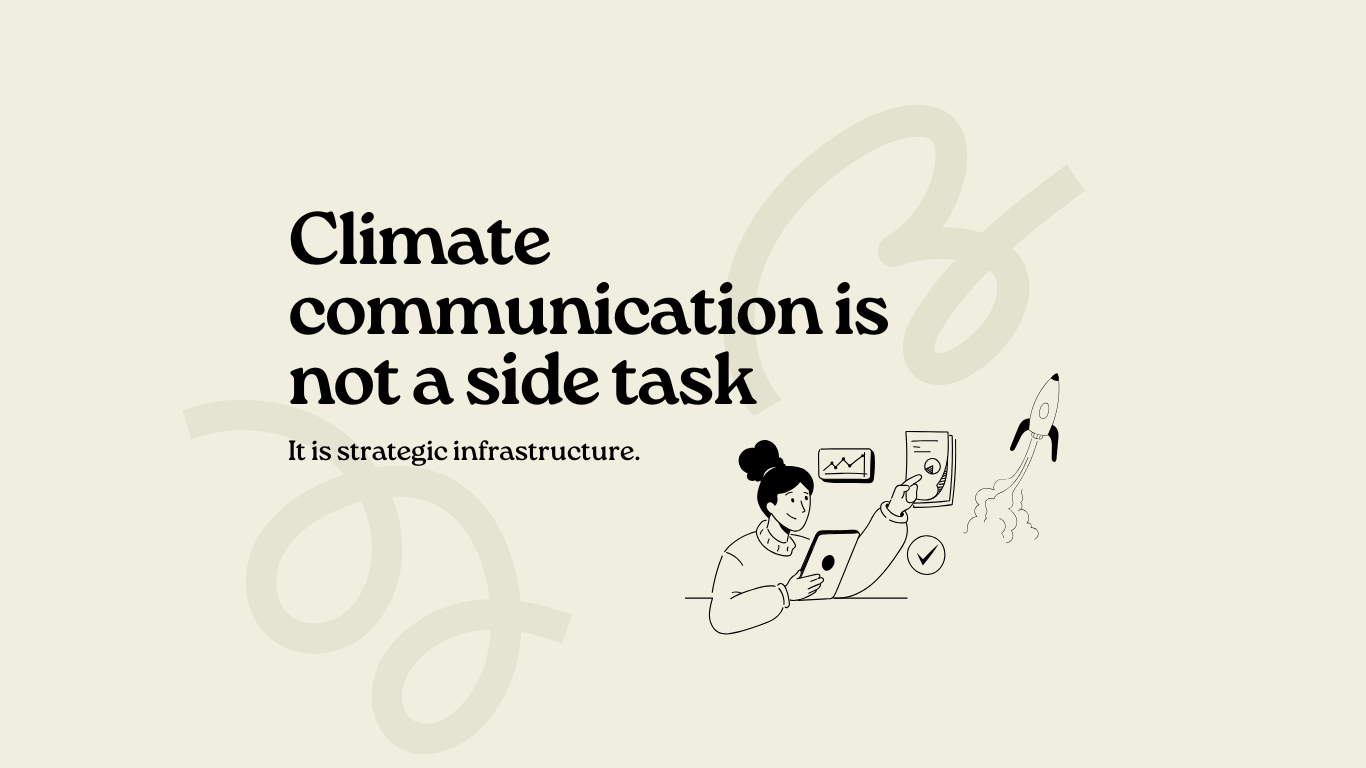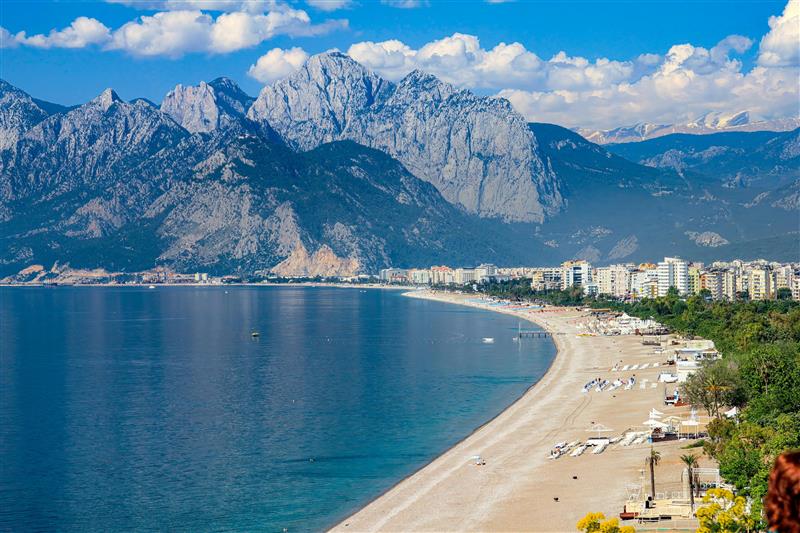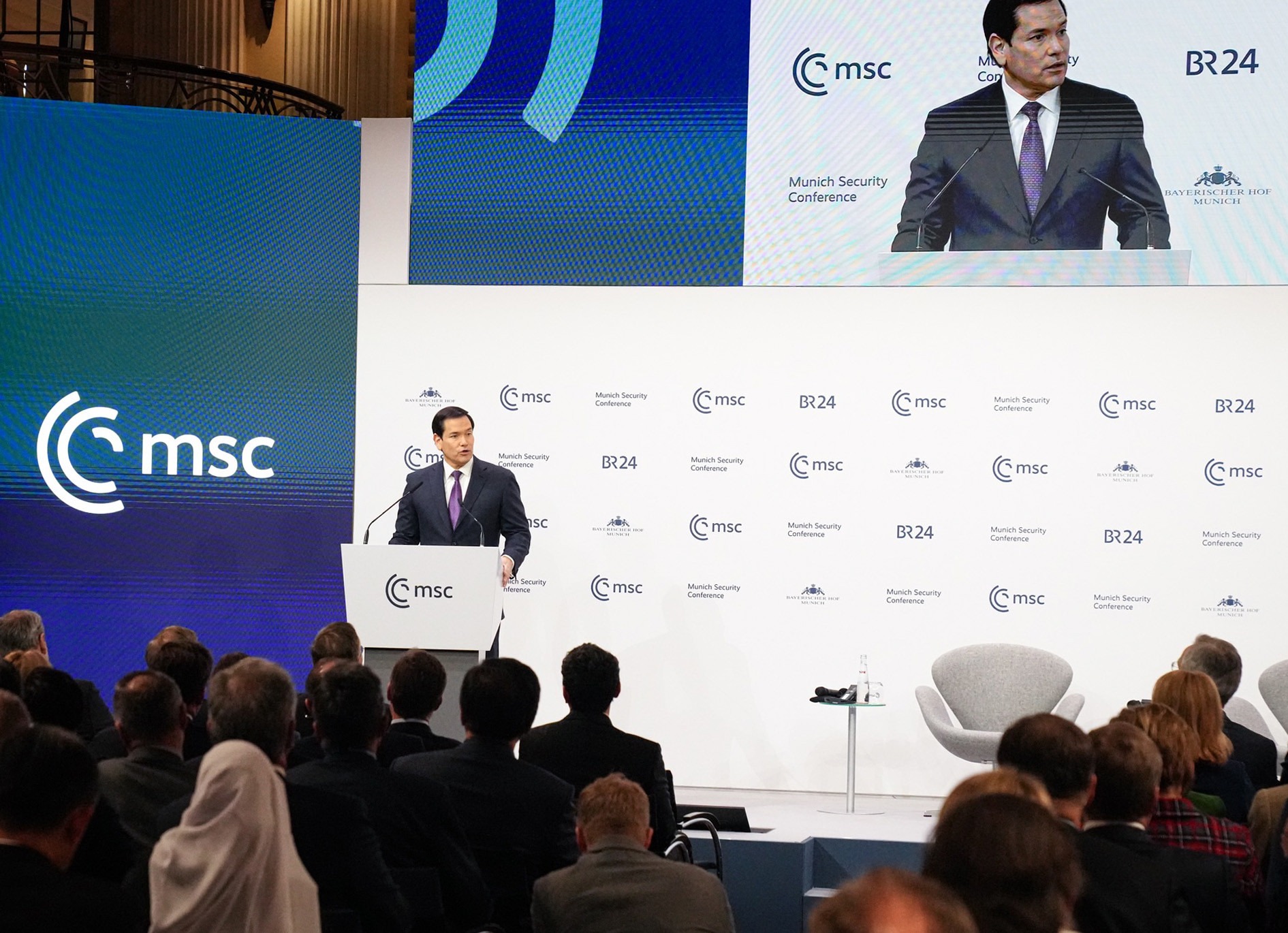‘Today, the enemy of decisive action on climate change is not the denialists who say ‘no, climate change does not exist’. The enemy now is climate scepticism, which is much more nuanced and dangerous because it does not deny the existence of climate change, but questions the scientific consensus on the causes, and when the causes are questioned, the solutions, which are to reduce fossil fuel consumption, are questioned’.
Mariana Castaño Cano, journalist and founder of 10 Billion Solutions, thus defined the current challenge posed by the rise of climate scepticism. She was speaking on the programme En Primera Plana on France 24 en Español on 24 January, devoted to analysing the rise of disinformation and how to deal with it.
Disinformation, a weapon of manipulation in times of crisis
The round table discussion, led by Carlos Herranz, also featured investigative journalist Sofía Álvarez and philosopher Tania Sánchez. The three experts analysed the role of social networks, the internet and instant messaging services in the dissemination of fake news and orchestrated disinformation campaigns on issues as central as climate change and democracy.
Factors influencing the rise of disinformation include:
- Immediacy: As Tania Sanchez explained, ‘it is much easier to believe a lie, to believe a false content than to spend a week studying to form an opinion.’ This culture of speed leaves little room for reflection.
- The echo chamber effect : Mariana Castaño Cano highlighted how algorithms reinforce pre-existing opinions. “Being exposed to what we already know, to what we already think […] gives a false view of public opinion, as if everyone had the same opinion as us. That is a misrepresentation of reality’.
- Disaffection and distrust towards the media and traditional institutions: According to Castaño Cano, ‘unfortunately, classic institutions, politicians, the press, even education, are losing the public’s trust’. This leaves a vacuum that disinformation easily fills.
- The noise in networks: Mariana stressed that we are facing an ‘epidemic’ of ‘info obesity’, where overexposure to information and lies desensitises us and makes it difficult to discern between the true and the false.
- Viscerality over reason: ‘emotion touches the voters’ heartstrings more than cold, verifiable data’, Tania pointed out. This explains why hoaxes, designed to generate outrage, are shared faster than verified facts.
Climate catastrophes as fertile ground for hoaxes
Recent extreme weather events, such as the floods in Valencia or Hurricane Helen, have been fertile ground for misinformation. Mariana illustrated how hoaxes generate mistrust in key institutions: ‘Today, weeks after the catastrophe (in Valencia), there are still videos circulating on networks such as Facebook and Instagram, where the Spanish Meteorological Agency is accused of using its radars to divert clouds so that there would be more rainfall concentrated in the Valencia area’.
Sofía Álvarez added a critical point: ‘Most internet users limit themselves to reading headlines and brief notes without getting too involved in the information, and even then they share.’ This superficiality, she said, makes it easy for similar hoaxes to spread quickly in different contexts, leaving the public without the tools to identify patterns or to contrast sources.
Redefining the role of digital platforms
Mariana Castaño Cano called for digital spaces to be regulated with the same sense of responsibility that is demanded of traditional media: ‘In the case of platforms, and not only traditional social media platforms, but also messaging services, it is the Far West, it is every man for himself. […] We have to put a stop to this situation with legislation and more powerful observatories, with more resources’.
Beyond denouncing the situation, Mariana seeks solutions and, through 10 Billion Solutions, works to transform climate narratives so that they become drivers of change. She also stressed the importance of ‘information hygiene’: ‘Just as we learned with COVID about personal hygiene, we need information hygiene to select the sources that inform us and to limit the exposure to contaminated sources’.
The collective effort to rescue the truth
The debate concluded with concrete proposals to curb disinformation, such as education in critical thinking, regulations on technology and limits on the dissemination of unverified content. Mariana recalled that ‘we are facing very well organised disinformation campaigns […] that do a lot of damage to the solutions we need to address climate change and other societal issues’.
In times of climate crisis and information confusion, the work of journalists, media and communicators becomes central to ensure that citizens can access truthful information about the main problems that affect them and how to solve them.
The full programme can be viewed here.




